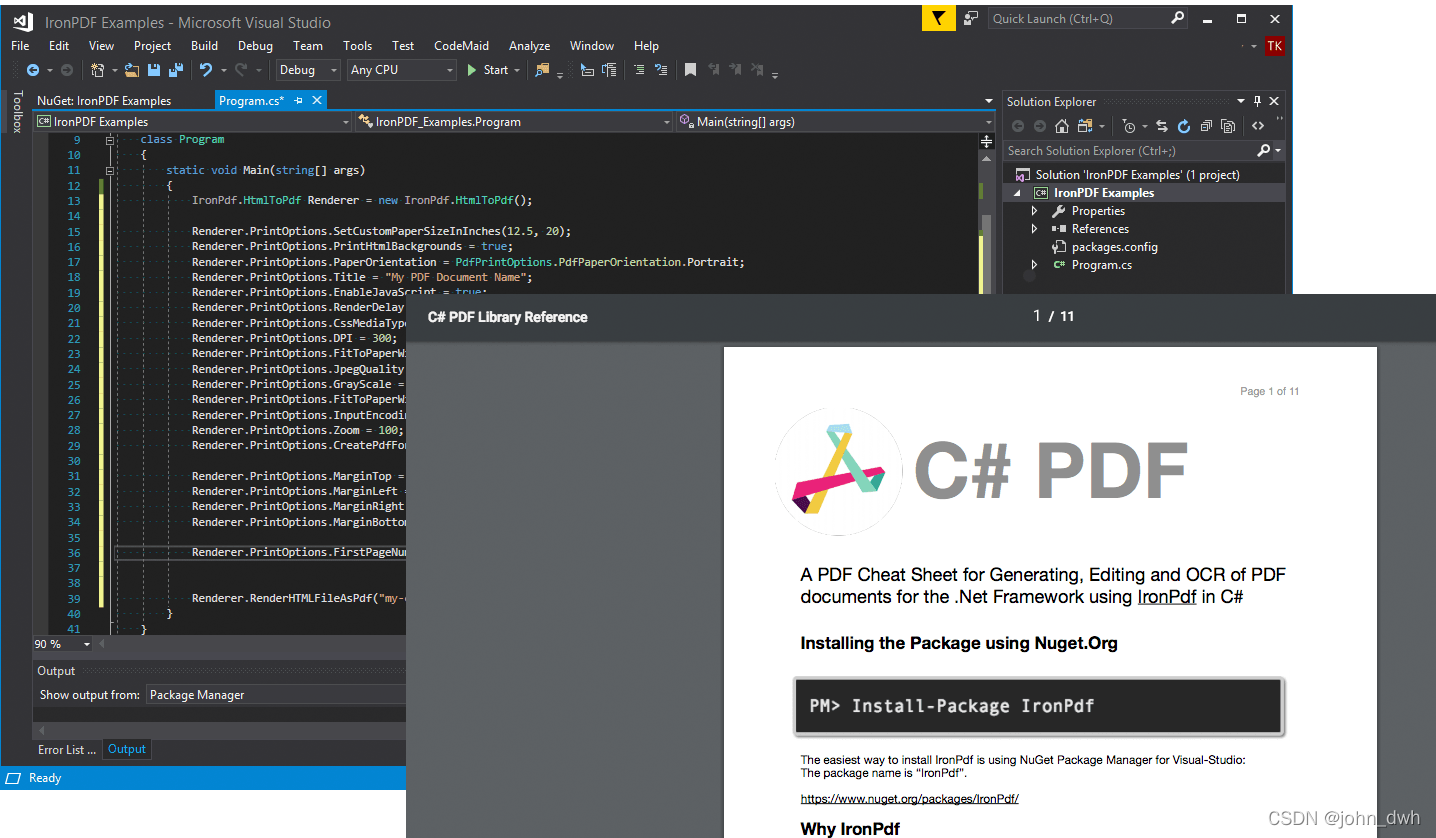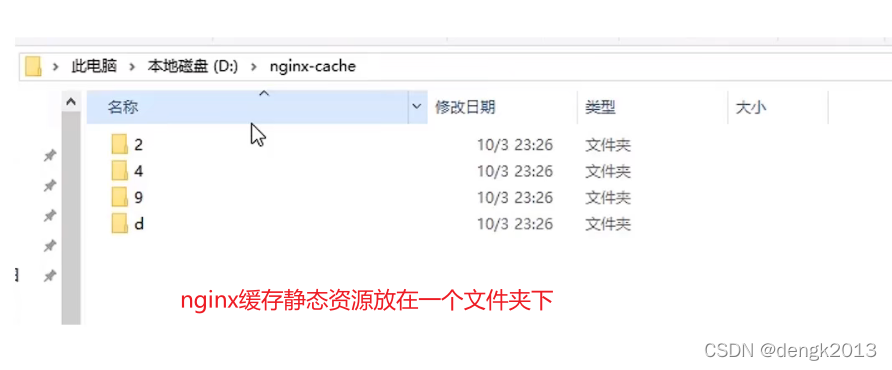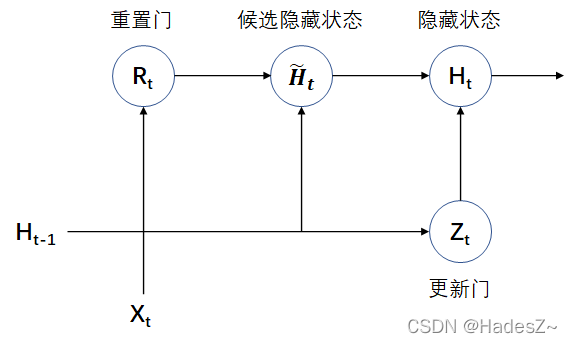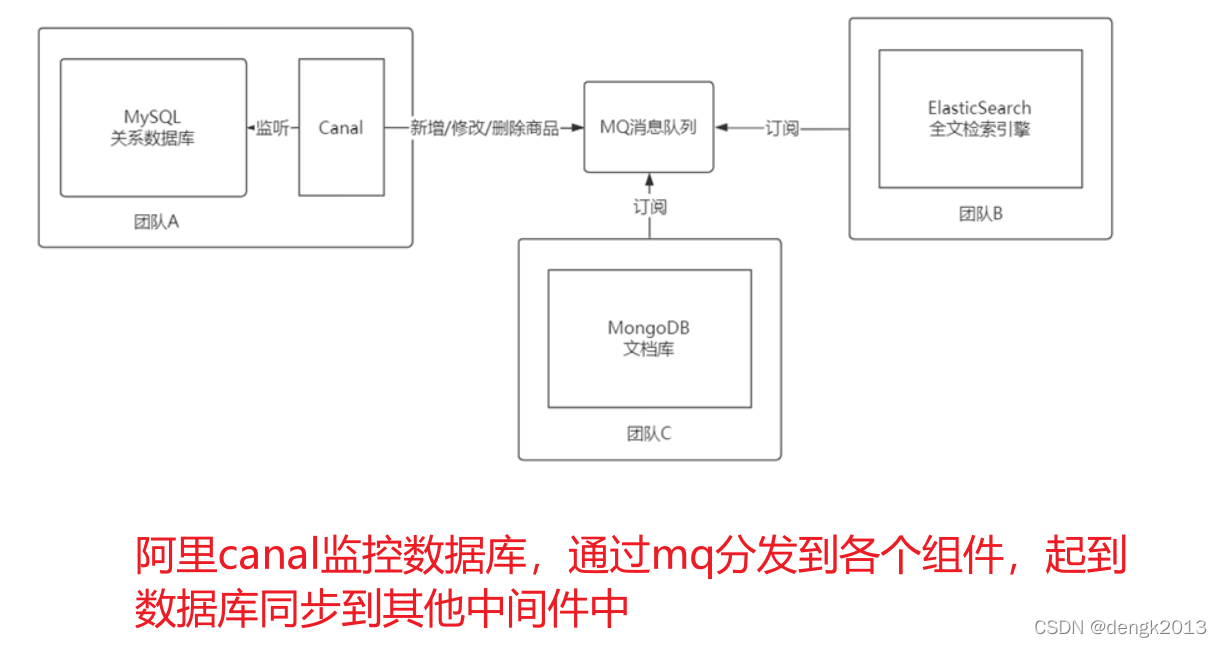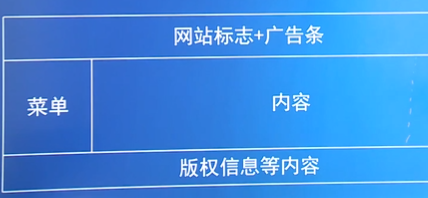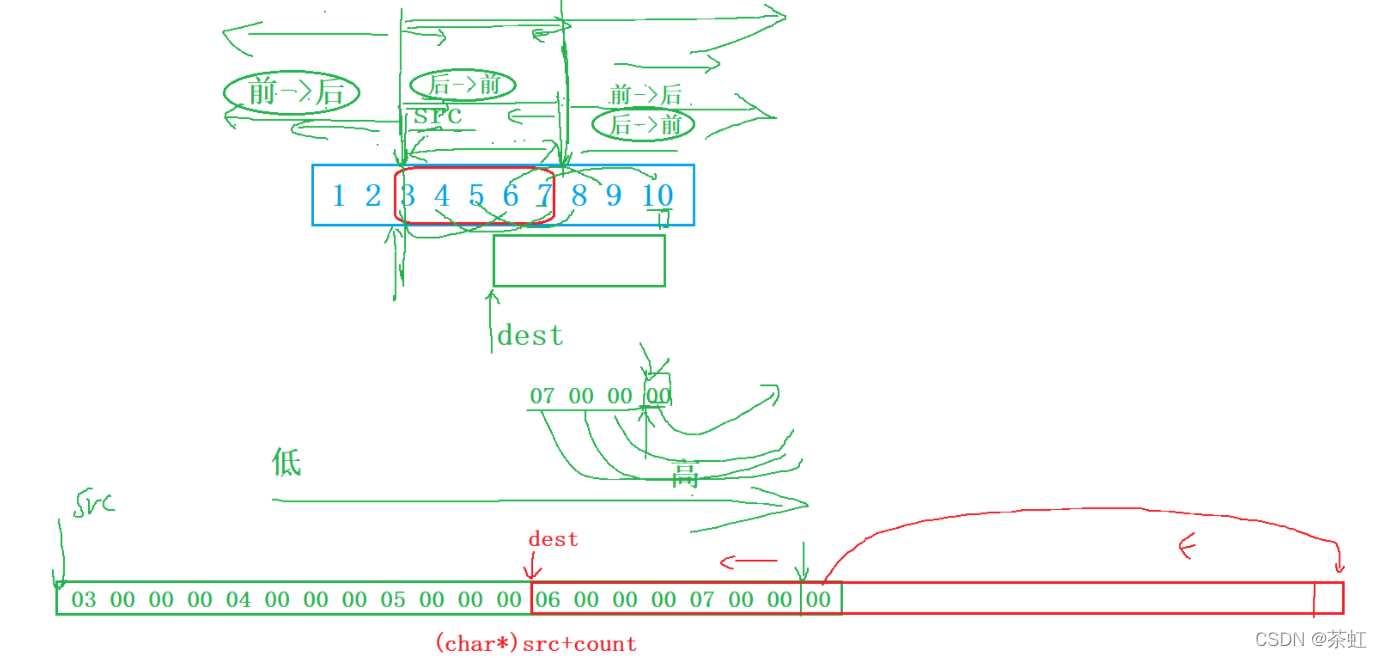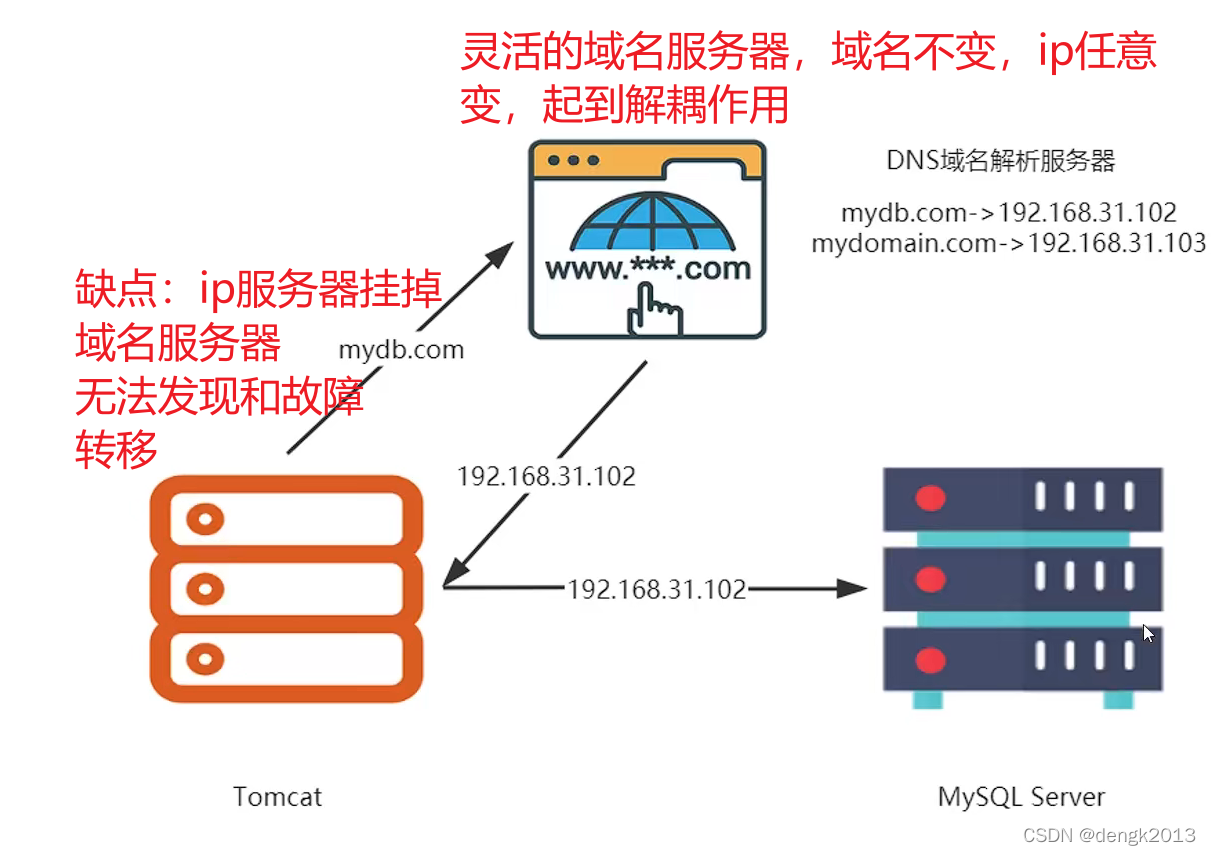当前位置:网站首页>Fastjon2他来了,性能显著提升,还能再战十年
Fastjon2他来了,性能显著提升,还能再战十年
2022-04-23 15:45:00 【共饮一杯无】
文章目录
概述
阿里官方给的定义是,FASTJSON是阿里巴巴的开源JSON解析库,它可以解析JSON格式的字符串,支持将Java Bean序列化为JSON字符串,也可以从JSON字符串反序列化到JavaBean。
FASTJSON相对其他JSON库的特点是快,从2011年fastjson发布1.1.x版本之后,其性能从未被其他Java实现的JSON库超越。
FASTJSON 2.0是FASTJSON项目的重要升级,目标是为下一个十年提供一个高性能的JSON库,同一套API支持JSON/JSONB两种协议,JSONPath是一等公民,支持全量解析和部分解析,支持Java服务端、客户端Android、大数据场景。
使用
引入Maven依赖
在FASTJSON 2.0中,groupId和1.x不一样,是com.alibaba.fastjson2
<dependency>
<groupId>com.alibaba.fastjson2</groupId>
<artifactId>fastjson2</artifactId>
<version>2.0.1</version>
</dependency>
https://repo1.maven.org/maven2/com/alibaba/fastjson2/fastjson2/
2.0之前的FASTJSON坐标如下,最新版本为1.2.79:
<dependency>
<groupId>com.alibaba</groupId>
<artifactId>fastjson</artifactId>
<version> 1.2.79</version>
</dependency>
https://github.com/alibaba/fastjson/releases
官方说明:如果原来使用fastjson 1.2.x版本,可以使用兼容包,兼容包不能保证100%兼容,请仔细测试验证,发现问题请及时反馈。兼容包坐标如下:
<dependency>
<groupId>com.alibaba</groupId>
<artifactId>fastjson</artifactId>
<version>2.0.1</version>
</dependency>
常用类和方法
在fastjson 2.0中,package和1.x不一样,是com.alibaba.fastjson2。如果你之前用的是fastjson1,大多数情况直接更包名就即可。
package com.alibaba.fastjson2;
class JSON {
// 将字符串解析成JSONObject
static JSONObject parseObject(String str);
// 将字符串解析成JSONArray
static JSONArray parseArray(String str);
// 将字符串解析成Java对象
static T parseObject(byte[] utf8Bytes, Class<T> objectClass);
// 将Java对象输出成字符串
static String toJSONString(Object object);
// 将Java对象输出成UT8编码的byte[]
static byte[] toJSONBytes(Object object);
}
class JSONB {
// 将jsonb格式的byte[]解析成Java对象
static T parseObject(byte[] jsonbBytes, Class<T> objectClass);
// 将Java对象输出成jsonb格式的byte[]
static byte[] toBytes(Object object);
}
class JSONObject {
Object get(String key);
int getIntValue(String key);
Integer getInteger(String key);
long getLongValue(String key);
Long getLong(String key);
T getObject(String key, Class<T> objectClass);
// 将JSONObject对象转换为Java对象
T toJavaObject(Class<T> objectClass);
}
class JSONArray {
Object get(int index);
int getIntValue(int index);
Integer getInteger(int index);
long getLongValue(int index);
Long getLong(int index);
T getObject(int index, Class<T> objectClass);
}
class JSONPath {
// 构造JSONPath
static JSONPath of(String path);
// 根据path直接解析输入,会部分解析优化,不会全部解析
Object extract(JSONReader jsonReader);
// 根据path对对象求值
Object eval(Object rootObject);
}
class JSONReader {
// 构造基于String输入的JSONReader
static JSONReader of(String str);
// 构造基于ut8编码byte数组输入的JSONReader
static JSONReader of(byte[] utf8Bytes);
// 构造基于char[]输入的JSONReader
static JSONReader of(char[] chars);
// 构造基于json格式byte数组输入的JSONReader
static JSONReader ofJSONB(byte[] jsonbBytes)
}
常用案例
字符串转JSON对象/JSON数组
对象:
String jsonObjectStr = "{\"id\":\"1\",\"name\":\"张三\"}";
JSONObject jsonObject = JSON.parseObject(jsonObjectStr);
int id = jsonObject.getIntValue("id");
String name = jsonObject.getString("name");
数组对象:
//普通数组
String str = "[\"id\", 123]";
JSONArray jsonArray1 = JSON.parseArray(str);
String key = jsonArray1.getString(0);
int value = jsonArray1.getIntValue(1);
log.info(key+":"+value);
//数组对象
String jsonArrayObjectStr = "[{\"id\":\"1\",\"name\":\"张三\"},{\"id\":\"2\",\"name\":\"李四\"}]";
JSONArray jsonArray = JSON.parseArray(jsonArrayObjectStr);
JSONObject jsonObject = jsonArray.getJSONObject(1);
int id = jsonObject.getIntValue("id");
String name = jsonObject.getString("name");
log.info(id+" "+name);
JavaBean对象转JSON格式的字符串
User user = new User();
user.setId(1);
user.setName("小詹");
String userStr = JSON.toJSONString(user);
log.info(userStr);
//JSONWriter.Feature.BeanToArray是fastjson2新特性,fastjson1中没有
String toJSONString = JSON.toJSONString(user, JSONWriter.Feature.BeanToArray);
log.info(toJSONString);
//JavaBean对象生成UTF8编码的byte[]
byte[] utf8JSONBytes = JSON.toJSONBytes(user);
log.info(new String(utf8JSONBytes));
@Data
class User{
private int id;
private String name;
}
输出如下:
INFO com.zjq.dailyrecord.utils.fastjson.Fastjson2 - {
"id":1,"name":"小詹"}
INFO com.zjq.dailyrecord.utils.fastjson.Fastjson2 - [1,"小詹"]
INFO com.zjq.dailyrecord.utils.fastjson.Fastjson2 - {
"id":1,"name":"小詹"}
JSON格式的字符串转JavaBean对象
String jsonObjectStr = "{\"id\":\"1\",\"name\":\"张三\"}";
User user = JSON.parseObject(jsonObjectStr, User.class);
log.info(user.toString());
输出如下:
INFO com.zjq.dailyrecord.utils.fastjson.Fastjson2 - Fastjson2.User(id=1, name=张三)
JSON格式的字符串转JavaBean对象数组
String jsonObjectStr = "[{\"id\":\"1\",\"name\":\"小詹\"},{\"id\":\"2\",\"name\":\"zjq\"}]";
List<User> userList = JSON.parseArray(jsonObjectStr, User.class);
log.info(userList.toString());
输出如下:
INFO com.zjq.dailyrecord.utils.fastjson.Fastjson2 - [Fastjson2.User(id=1, name=小詹), Fastjson2.User(id=2, name=zjq)]
Fastjson2相对fastjson1性能提升
比较版本
- Fastjson 2.0.1
- Fastjson 1.2.79
- Jackson 2.12.4
Parse性能比较
测试代码
package com.alibaba.fastjson_perf.eishay;
import org.openjdk.jmh.annotations.Mode;
import org.openjdk.jmh.runner.Runner;
import org.openjdk.jmh.runner.RunnerException;
import org.openjdk.jmh.runner.options.Options;
import org.openjdk.jmh.runner.options.OptionsBuilder;
import java.util.concurrent.TimeUnit;
public class EishayParse {
public static void main(String[] args) throws RunnerException {
Options options = new OptionsBuilder()
.include(EishayParse.class.getName())
.mode(Mode.Throughput)
.timeUnit(TimeUnit.MILLISECONDS)
.forks(1)
.build();
new Runner(options).run();
}
}
场景介绍及结论
- EishayParseTreeString场景,将String解析成JSONObject/JSONArray或者HashMap/ArrayList。在这个场景,fastjson2表现出了两倍于fastjson1的性能
- EishayParseString场景,将String反序列化为JavaBean对象,在这个场景fastjson2相对于fastjson1性能提升了30%的性能。
- EishayParseStringPretty,将格式化带空格和换行符缩进的String反序列化为JavaBean对象,fastjson2在3.44倍于fastjson1。这个场景在fastjson1中是弱项,在fastjson2中采用新解析的算法,性能有了非常大提升。
- EishayParseUTF8Bytes,将UTF8格式的byte[]反序列化为JavaBean对象。
WriteString
测试代码
package com.alibaba.fastjson_perf.eishay;
import org.openjdk.jmh.annotations.Mode;
import org.openjdk.jmh.runner.Runner;
import org.openjdk.jmh.runner.RunnerException;
import org.openjdk.jmh.runner.options.Options;
import org.openjdk.jmh.runner.options.OptionsBuilder;
import java.util.concurrent.TimeUnit;
public class EishayWrite {
public static void main(String[] args) throws RunnerException {
Options options = new OptionsBuilder()
.include(EishayWrite.class.getName())
.mode(Mode.Throughput)
.timeUnit(TimeUnit.MILLISECONDS)
.forks(1)
.build();
new Runner(options).run();
}
}
场景介绍及结论
- EishayWriteString场景,将JavaBean对象序列化为字符串。这个场景中,fastjson2比fastjson1和jackson分别有164%和85%的性能提升
- EishayWriteUTF8Bytes场景,将JavaBean对象序列化为UTF8格式的byte数组。这个场景中,fastjson2比fastjson1和jackson分别有185%和93%的性能提升
来源:
https://github.com/alibaba/fastjson/releases
https://github.com/alibaba/fastjson2/releases/tag/2.0.1
https://github.com/alibaba/fastjson2/wiki/fastjson_benchmark
版权声明
本文为[共饮一杯无]所创,转载请带上原文链接,感谢
https://blog.csdn.net/qq_35427589/article/details/124361290
边栏推荐
- WPS品牌再升级专注国内,另两款国产软件低调出国门,却遭禁令
- 携号转网最大赢家是中国电信,为何人们嫌弃中国移动和中国联通?
- JVM - Chapter 2 - class loader subsystem
- 字符串最后一个单词的长度
- The El tree implementation only displays a certain level of check boxes and selects radio
- String sorting
- 软件性能测试报告起着什么作用?第三方测试报告如何收费?
- Redis master-slave replication process
- Pytorch中named_parameters、named_children、named_modules函数
- Accumulation of applet knowledge points
猜你喜欢
随机推荐
Basic concepts of website construction and management
新动态:SmartMesh和MeshBox的合作新动向
大型互联网为什么禁止ip直连
软件性能测试报告起着什么作用?第三方测试报告如何收费?
IronPDF for .NET 2022.4.5455
One brush 312 - simple repetition set - Sword finger offer 03 Duplicate number in array (E)
Cookie&Session
WPS品牌再升级专注国内,另两款国产软件低调出国门,却遭禁令
一刷312-简单重复set-剑指 Offer 03. 数组中重复的数字(e)
【AI周报】英伟达用AI设计芯片;不完美的Transformer要克服自注意力的理论缺陷
Extract non duplicate integers
What is CNAs certification? What are the software evaluation centers recognized by CNAs?
大厂技术实现 | 行业解决方案系列教程
Modèle de Cluster MySQL et scénario d'application
Redis主从复制过程
PHP operators
What role does the software performance test report play? How much is the third-party test report charged?
Temporal model: long-term and short-term memory network (LSTM)
Sorting and replying to questions related to transformer
服务器中毒了怎么办?服务器怎么防止病毒入侵?

